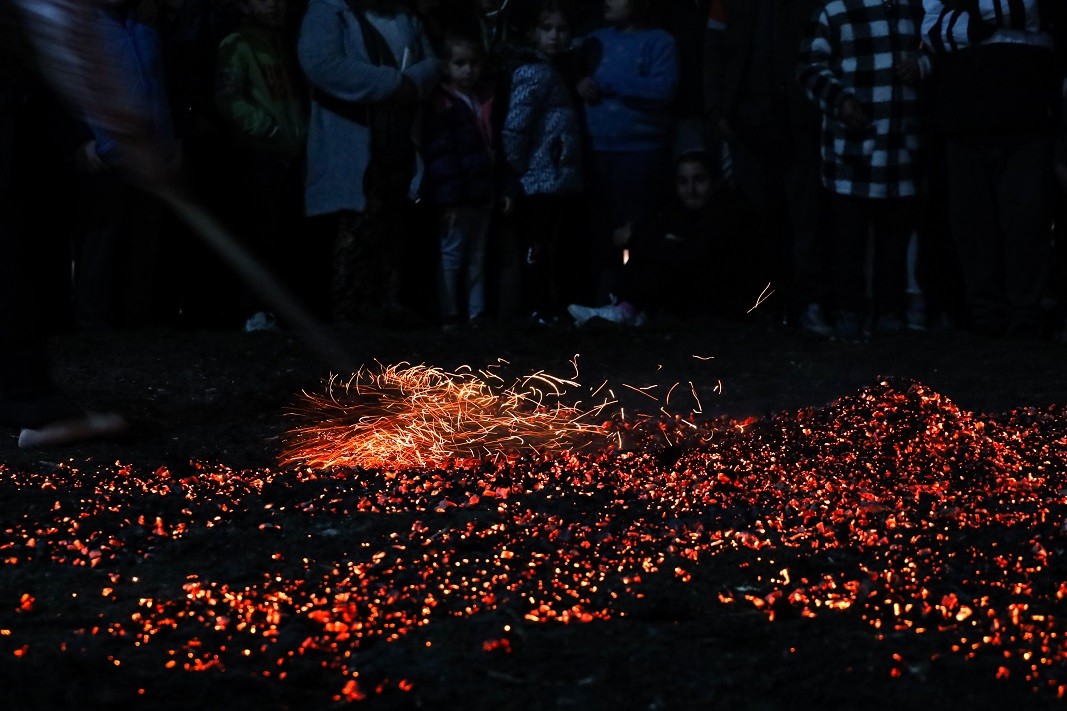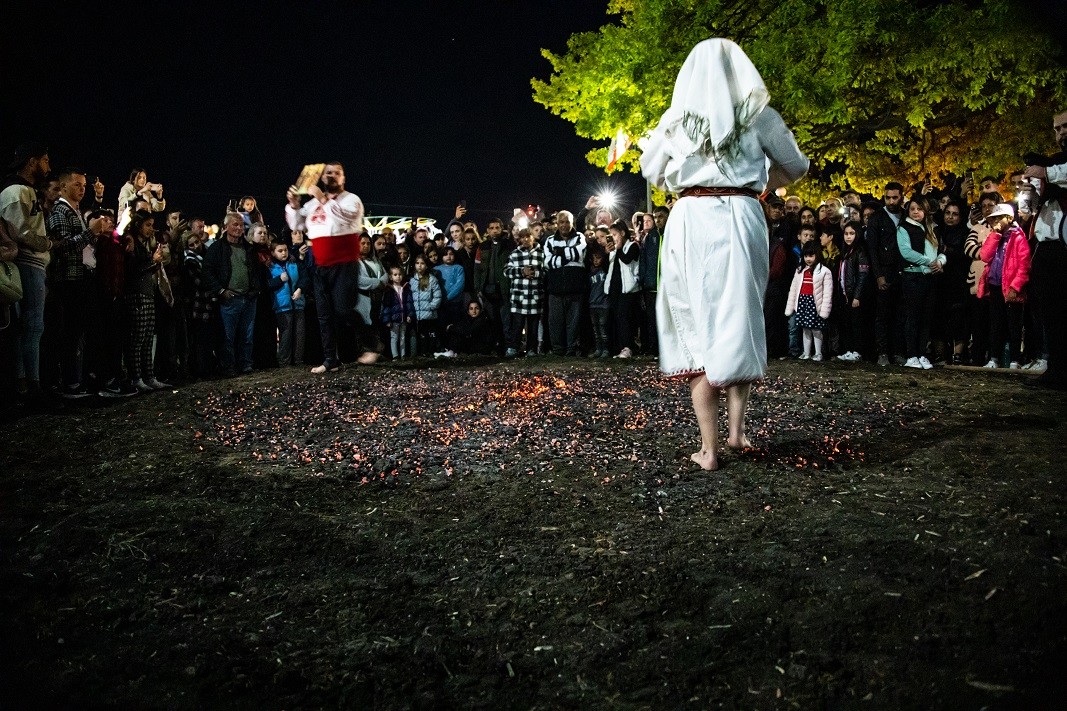Roman emperor Constantine the Great (AD 306 to 337) introduced the Christian religion as official in the Byzantine Empire. His mother, Helena, discovered the cross on which the Savior was crucified and built several monasteries in the Holy Land. The discovery of the Cross is considered the most important event in the history of Christendom, and Emperor Constantine and his mother Helena were canonized as saints.
In Bulgarian folk customs, the feast intertwines the traditions of Christianity with pagan traditions of dancing on live coals - the Nestinari dance. It is preserved to this day in some areas, in its original form. In many places it is also performed as a show for tourists.


In the world of the Thracians, who had no written language, the most important messages were conveyed through art. The Letnitsa Treasure is precisely such a message — about power, beliefs, and the path to wisdom . This unique discovery, dated between..
On November 21, the day of the Presentation of Virgin Mary (or the Entry of the most Holy Theotokos into the Temple), the Orthodox Bulgarians also celebrate the Day of the Christian Family and the Learning Youth. The holiday was established by the..
During a visit by the Radio Bulgaria team to the Bulgarian Orthodox Parish "Nativity of the Mother of God" in Geneva, we had the pleasure of meeting Ventseslav Sabev, the son of long-time church history professor at the Sofia Theological Seminary,..

+359 2 9336 661
